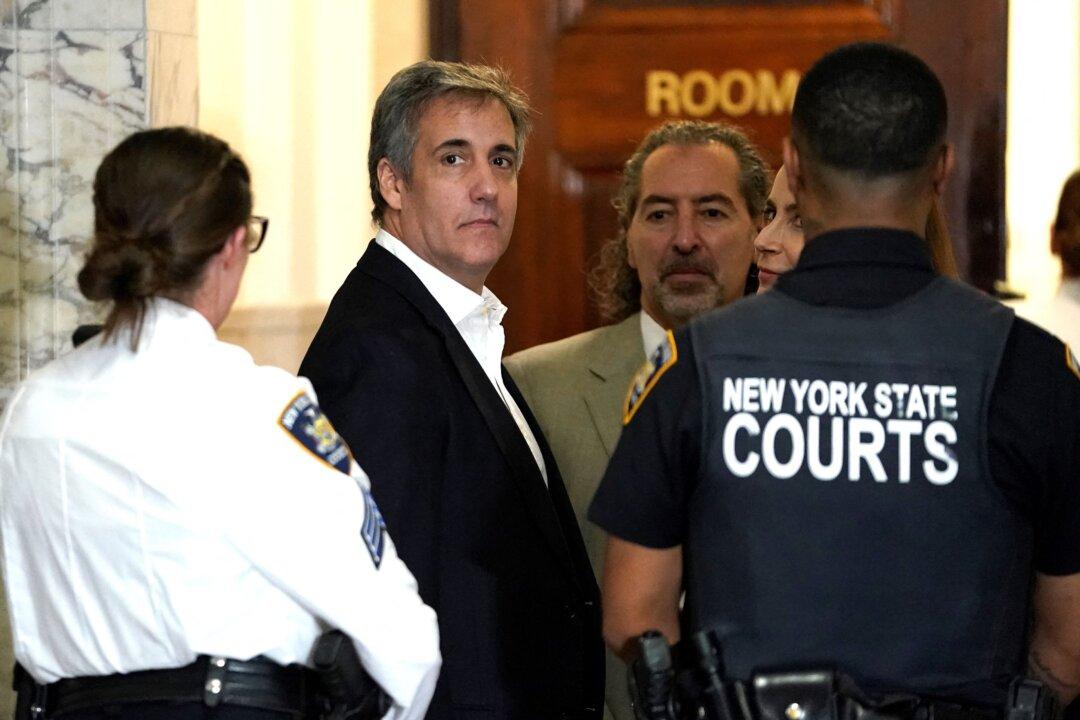A lawyer for Michael Cohen appears to have cited non-existent court rulings in a legal filing seeking to have his client’s post-prison supervision terminated early, according to a federal judge in New York who is threatening penalties.
On Tuesday, U.S. District Judge Jesse Furman ordered David M. Schwartz to provide copies of three rulings cited in the motion he filed last month. Mr. Schwartz must respond with copies to the judge by Dec. 19. If he cannot, he must explain in writing why he should not sanctioned.





